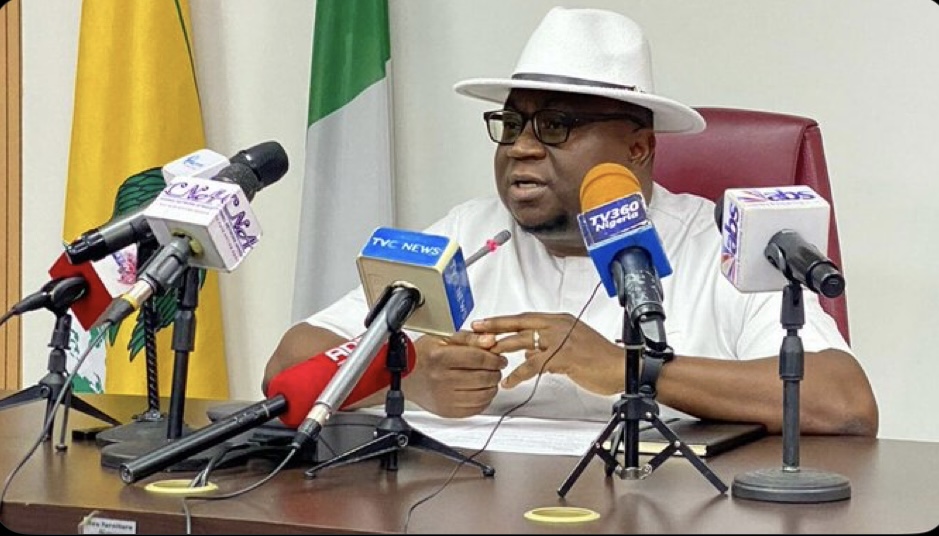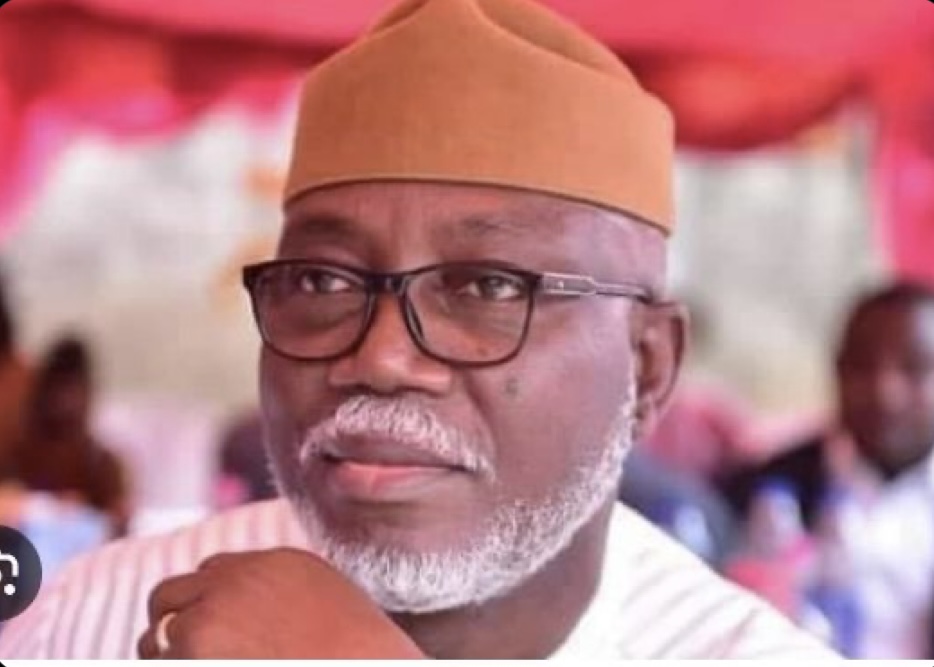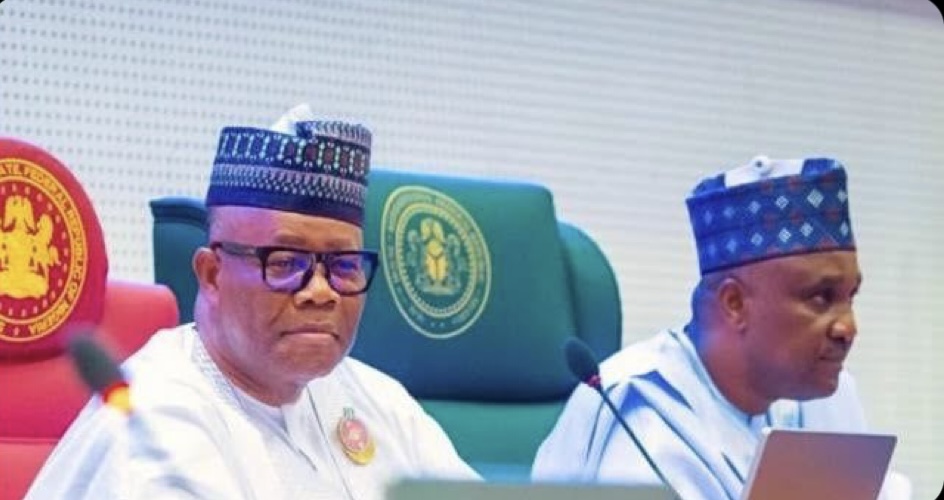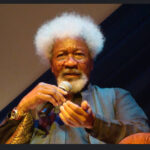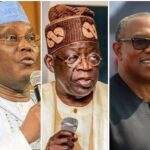We Weren’t Elected to Fight the Executive, Says Akpabio
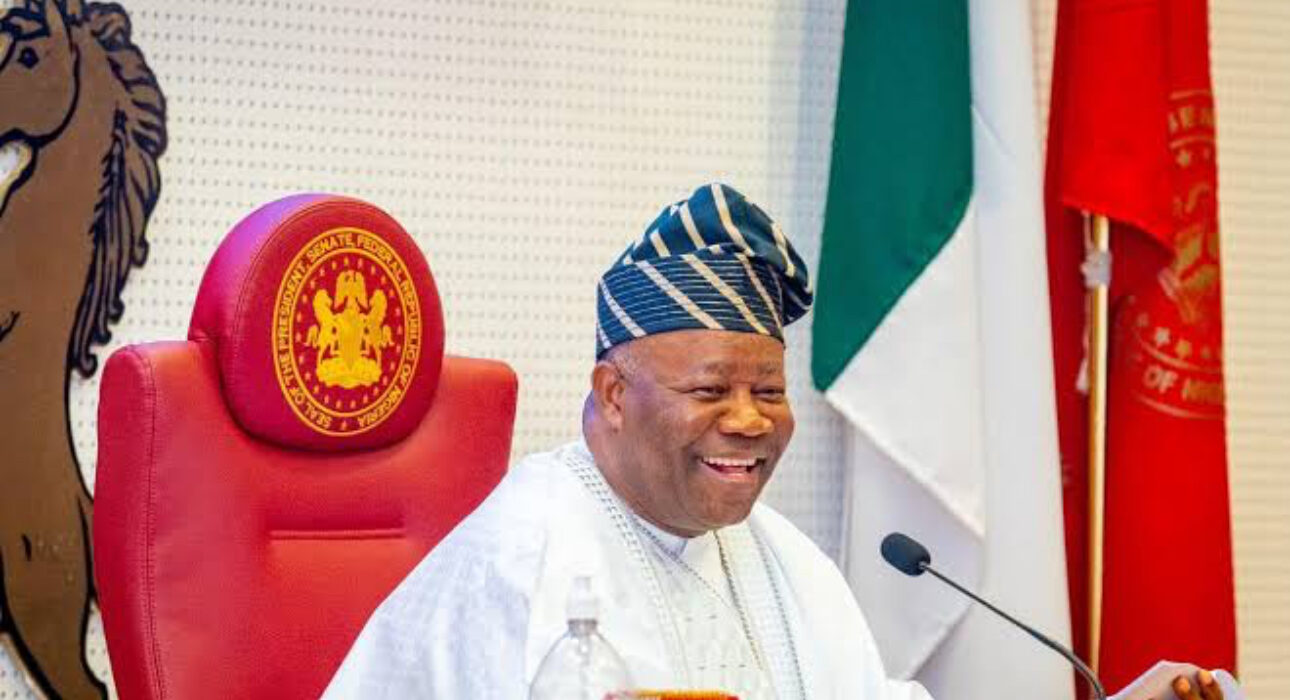
Senate President, Godswill Akpabio has clarified the role of the Nigerian legislature in relation to the executive arm of government, stating that lawmakers were not elected to engage in confrontational politics but to work collaboratively with the Executive for the good of the nation.
Speaking in response to criticisms that the 10th National Assembly is acting as a “rubber stamp” to the presidency, Akpabio emphasized that the Senate’s mission is to promote effective governance through constructive engagement, mutual respect, and institutional cooperation.
“We were not elected to fight the Executive. We were elected to make laws, provide oversight, and collaborate to ensure the security and welfare of Nigerians,” Akpabio said.
The Senate President’s remarks come amid growing scrutiny from opposition voices and segments of civil society who accuse the legislative arm of failing to hold the Executive accountable.
Critics cite swift approvals of presidential requests and appointments as examples of what they term legislative subservience.
In defense of the Senate’s integrity, Eseme Eyiboh, Akpabio’s Special Adviser on Media and Publicity, stressed that cooperation should not be mistaken for weakness.
“The current Senate is committed to institutional integrity and innovative legislation. Constructive engagement with the Executive does not mean compromise — it means working together to deliver results for the people,” Eyiboh said in a statement.
He further pointed to instances where the Senate has exercised independence, including the rejection of certain ministerial nominees and calls for diplomatic rather than military intervention in regional crises, such as the situation in Niger Republic.
Akpabio highlighted the importance of moving beyond partisan politics to focus on governance that directly benefits the citizens. He noted that legislative-executive synergy has been key to passing critical economic and security-related bills and fostering stability in national decision-making.
The Senate, under his leadership, he said, is not beholden to any individual or political party but guided by the constitutional mandate to serve as a check on power while enabling the smooth operation of government.
“We are not a rubber stamp. We are a responsible, responsive Senate that understands the urgency of the moment and the need to deliver real outcomes for Nigerians,” Akpabio added.
Political analysts have noted that legislative-executive dynamics often fluctuate between cooperation and conflict, depending on the leadership style and prevailing political climate.
However, Akpabio’s stance underscores a governance philosophy rooted in unity of purpose, especially during a period of economic reform, national insecurity, and social unrest.
While calls for greater legislative independence continue, Akpabio maintains that collaboration—not confrontation—is the most effective path toward the development Nigerians expect from their democratic institutions.


